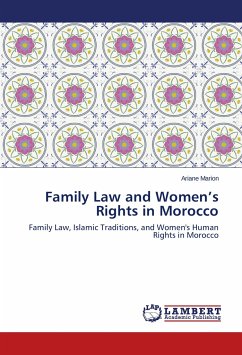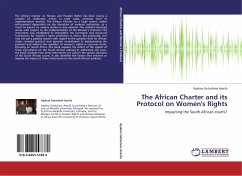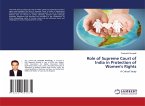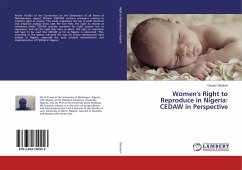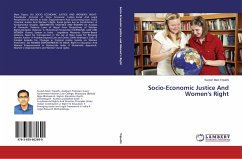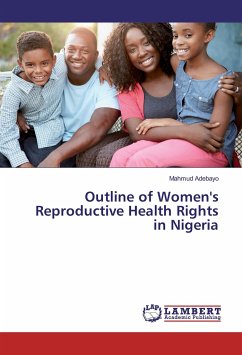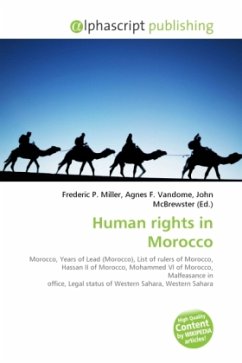This book focuses on the Moroccan Code of Personal Status "Mudawwana" and its impact on Moroccan women prior to the 2003 reforms of the family code. The articles of the Mudawwana reflect Moroccan patriarchal traditions inherited since the pre-colonization period. They reflect a strict interpretation of the role of women in Moroccan society: a reading of the Shari a, Islamic law, that codified inequality between men and women. Nevertheless, Morocco ratified a number of Human Rights conventions, including the Convention on the Elimination of All Forms of Discrimination Against Women (CEDAW). The first chapter of this book analyzes the dispositions and effects of CEDAW in Moroccan society. It describes the discriminations that women face in the articles of the Mudawwana. The second chapter analyzes the socio-political factors in Moroccan society preventing major reforms of the Mudawwana and thus, preventing greater equality between men and women. It focuses on the period from the pre-colonial days until the ratification of the new modern family code in January 2004.
Bitte wählen Sie Ihr Anliegen aus.
Rechnungen
Retourenschein anfordern
Bestellstatus
Storno

